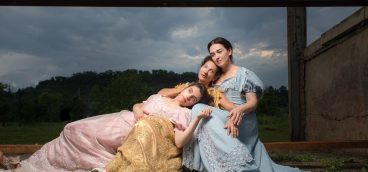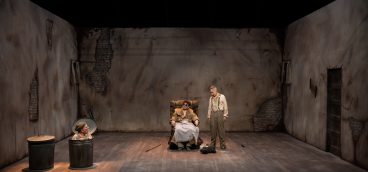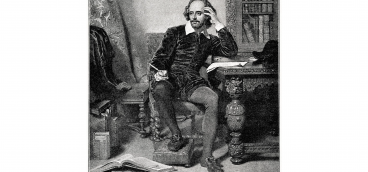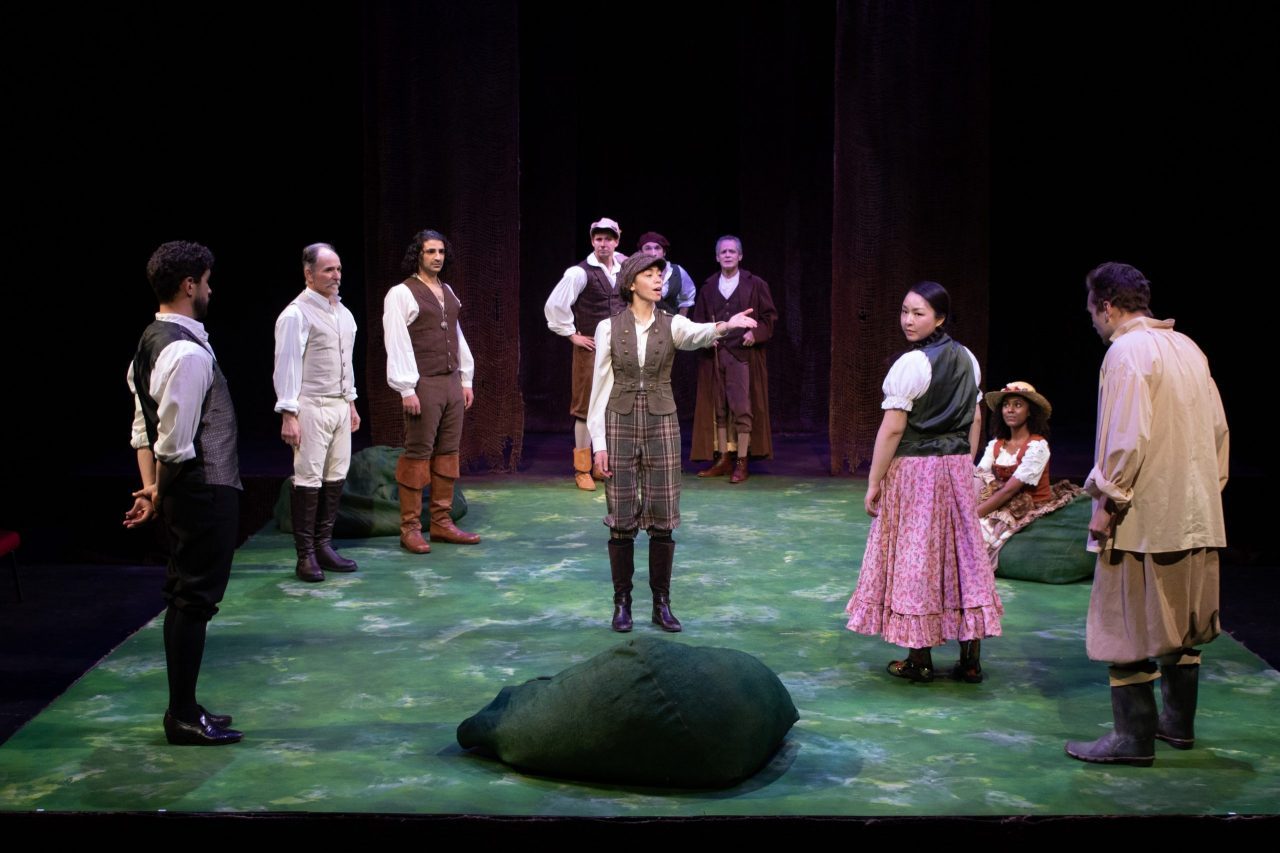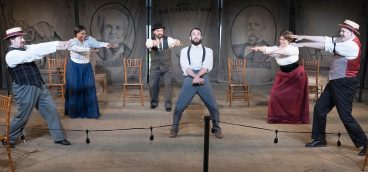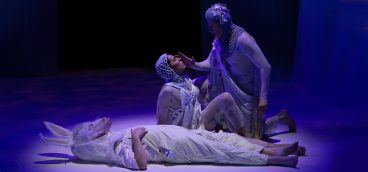Pittsburgh Opera’s “Ariodante” – A Sublime Marriage of the 18th and 21st Centuries
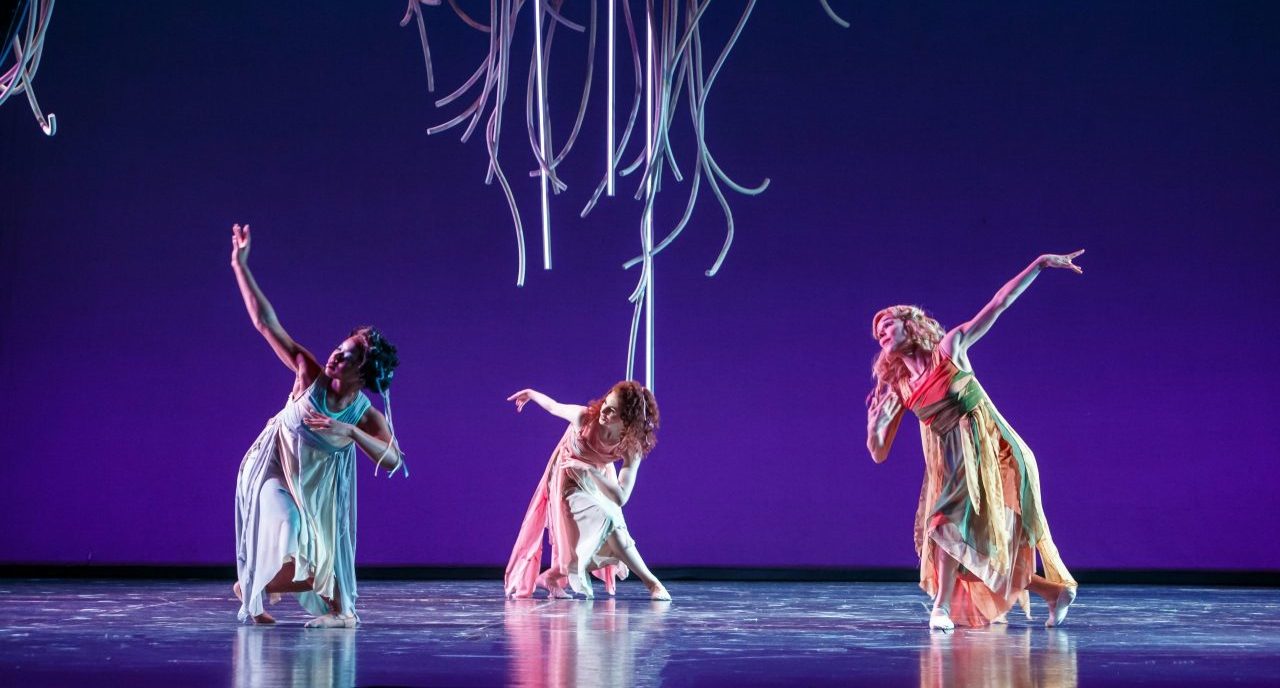
Nearly a century ago, the iconoclastic dramatist Bertolt Brecht wrote that “Since it is precisely for its backwardness that the opera-going public adores opera, an influx of new types of listener with new appetites has to be reckoned with; and so it is.” This is a felicitous way to describe what Pittsburgh Opera has done with its new production of George Frideric Handel’s “Ariodante,” first performed in 1735, but executed with such freshness and transcendence that a contemporary listener might never know he or she was witnessing a 300-year-old masterwork.
The success of this show comes from the synergistic framing of Handel’s sublime score with the ethereal components of design, lighting, and musical execution by a superb cast and orchestra. What Handel often did in his creations — comprising 42 operas, 25 oratorios (including the famous “Messiah”), and over 120 other compositions – was to achieve the sublime through the evocation of pathos. In the case of “Ariodante” the story is one of love, deception, and redemption — with the obligatory “mistaken identity imbroglio,” a trope well-mined by Shakespeare – that ends well but achieves poignancy without succumbing to affectation.
Thus, the inherent passion of Handel’s music emanates from the exploration of emotions that are not merely sentimental — as in our contemporary “moralistic” definition of the pathetic — but capture a deeper, more ancient, and ultimately universal interpretation of human experience. As the 18th-century critic John Dennis opined regarding this form of aesthetic achievement, “The sublime and the pathetic begin their long journey in each other’s company.” And this is why works like “Ariodante,” are so moving today.
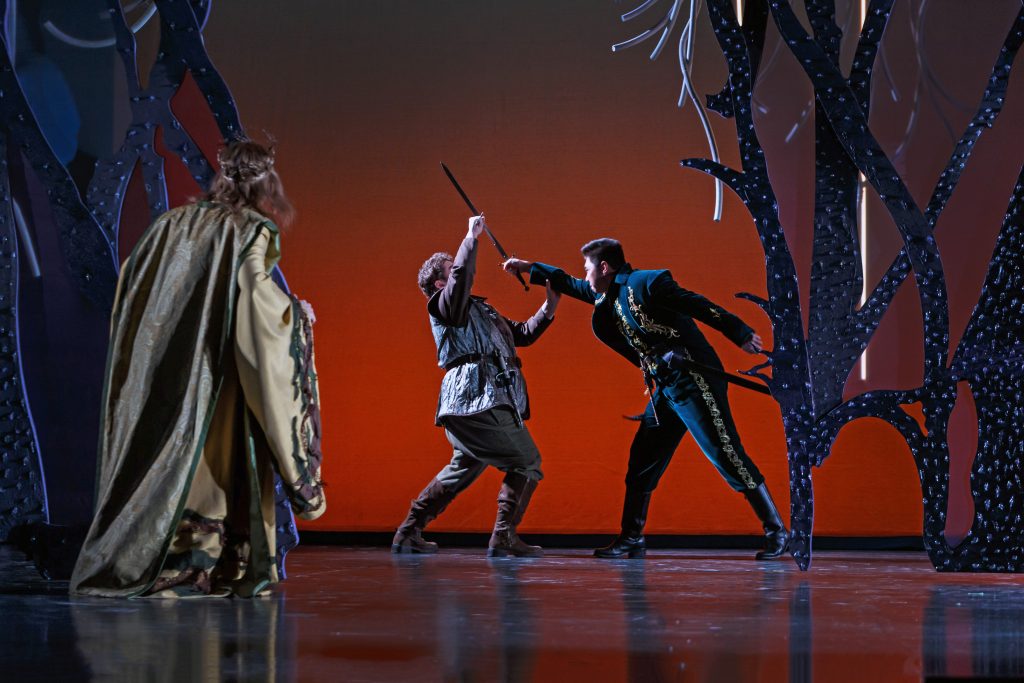
Sometimes in operatic productions we are so overwhelmed with the sense of scale that depictions of intimacy and subtlety become cartoonish, as if we are watching small children move on stages built for giants. But we are lucky in this case as Pittsburgh Opera is using the CAPA Theater – an intimate performance space in a school for the performing arts – to stage “Ariodante.” Commensurate with this, the Pittsburgh Opera Orchestra, conducted by Antony Walker, is augmented by members of the Chatham Baroque ensemble, who add several period instruments to the mix, including the Viola de Gamba, Theorbo, and Harpsichord, giving the performance a distinctive and rare 18th-century ambience. This integration of 18th and 21st-century characteristics is what makes this production so appealing in a way that Brecht would approve of: we are neither in our world, or Handel’s, but somewhere in between that takes us to a new world of synesthetic pleasure.
However, if the space is appropriate to the mission of this opera, the set design and lighting are even more so. It looks as if designer Ningning Yang dropped the Paris Métro’s art nouveau motif onto the set of the film “Aliens,” while the rear wall of the theater is a backlit canvass for lighting designer Cindy Limauro to project dramatic tone paintings of color that appear to emanate from the characters’ psychological states — as they transform from joy to despair and back to joy again. It’s like watching the evolution of Picasso’s Blue to Rose Periods envelope the world around you in a neon fog.
Stage director Crystal Manich has the characters move slowly yet organically through their actions, allowing their words to impact at the speed of song, which often is more lugubrious than the speed of speech, especially when the lines – sung in Italian and projected in English over the stage – are often repeated. In addition, three dancers (Tori Casagranda, Savionne Chambers, and Julia Wasilewski) add wordless and woven movement to the mise en scène, just as Handel did in the original production.
The anonymous libretto is based on a contemporaneous work by the Florentine poet Antonio Salvi, which was drawn from the 16th-century epic poem “Orlando Furioso” by Ludovico Ariosto.
As to the cast, soprano Emily Richter imbues the role of Ginevra — the eponymous protagonist Ariodante’s object of desire — with sonorous vivacity: joyful when expressing love, and deeply melancholy during the torment when her character thinks she has lost her intended. Her duets with mezzo-soprano Jazmine Olwalia (Ariodante) are scintillating, and the latter’s melancholy aria “Gods! To let me live so as to give me a thousand deaths” is radiant.
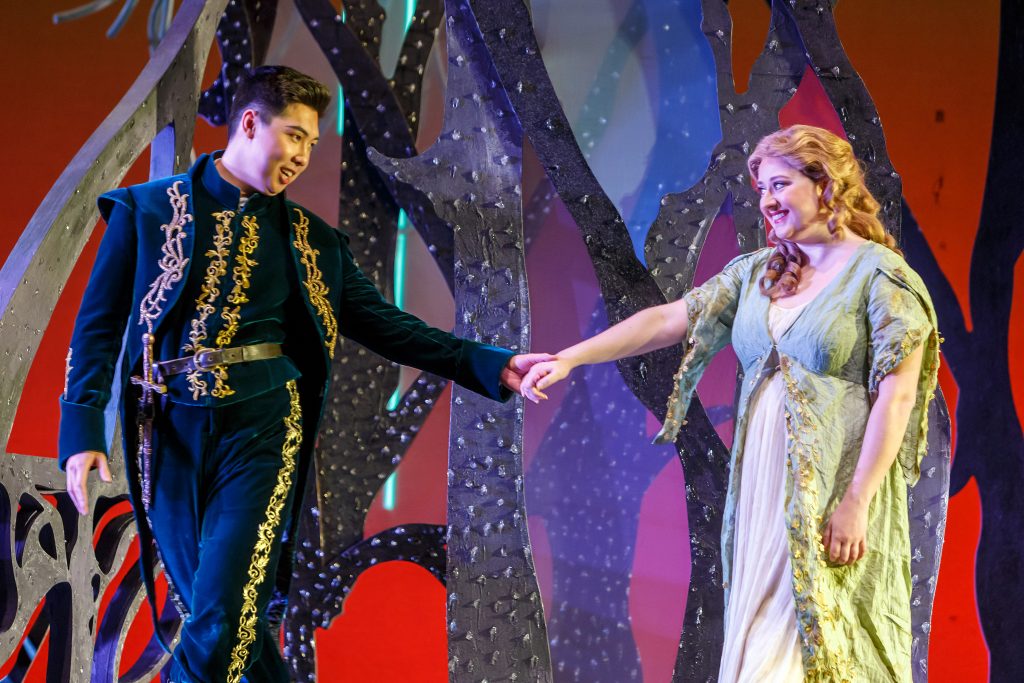
Countertenor Chuanyuan Liu, as the nefarious Polinesso – who tries to thwart the lovers and steal Ginevra – finds a wide range of emotion in this one-track villain, even managing to evoke laughter while he sings, sarcastically, “If my deception is successful, I will forever renounce honesty.”
Bass-baritone Evan Lazdowski as the King has such a deeply resonant intonation he could do voiceovers for God the next time they make a film of “The Ten Commandments.” Also outstanding are soprano Julia Swan Laird as Dalinda, and tenor Daniel O’Hearn as Lurcanio.
Listening to this production I became aware of how numb we often are to the voices and music of everyday life, deadened as our culture is by the banalities of pop songs, the degradations of non-analog sound recording, the abasements of Auto-tune, and the increasing distance we manage to put between our ears and the human melodies of others. To hear music of transcendent quality composed by a master like Handel, and performed by singers and musicians of the caliber of the Pittsburgh Opera is such a rare treat that we should not take it for granted.
In addition, with so many theater and music companies suffering a post-pandemic economic slump, and thus only offering the kind of “greatest-hit” shows that assuredly will fill seats, it’s affirming to have this company mount a production that has never played in Pittsburgh before, and moreover was lost for two centuries after its inception, and hence could hardly be called a reliable classic. Thus, I would urge you not to miss this chance to experience the recrudescence of a work of art from the past that finds new life in its engagement with the sublime of the present.
ARIODANTE runs through January 29th. CAPA School Theater, 111 9th Street, Downtown. Tickets $52. www.pittsburghopera.org, or 412-456-6666.


